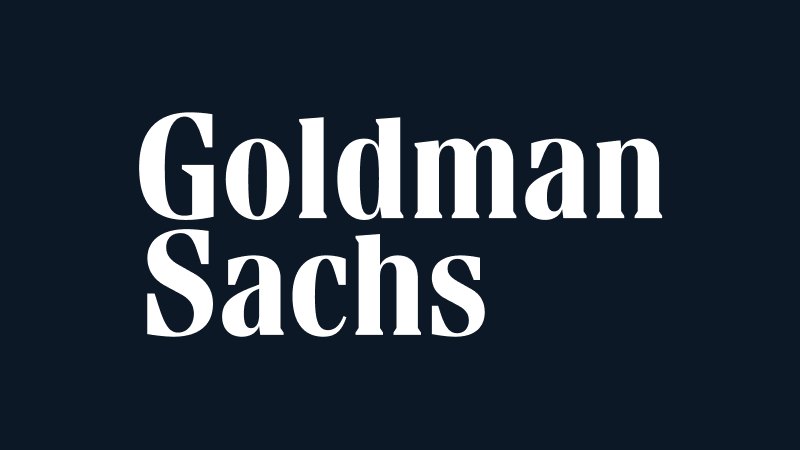Profits despite Ian shows “strength of cycle working through” – Goldman Sachs

Hurricane Ian was an important test for the profitability of the global insurance and reinsurance market, according to analysts at Goldman Sachs and their comments read-across positively for the insurance-linked securities (ILS) market as well, as returns there also show the “strength of the cycle working through.”
Goldman Sachs equity analyst team said that, of the names they recommend in insurance and reinsurance, they have all passed the hurricane Ian test with positive underwriting profitability.
“In our view, this shows the strength of the cycle working through,” the analysts said, by which they mean hard market pricing and firmer terms are beginning to show in the results of companies.
Which is something we’ve been writing about for some years now, that as pricing and terms firm up, those in reinsurance and ILS need to demonstrate how this positively affects their returns.
Hurricane Ian, being a very significant US catastrophe event, while damaging to ILS market returns, has not driven the negative performance seen after other major storms of the last decade.
This despite Ian being the second most costly US hurricane on record for the insurance and reinsurance industry.
Which does begin to suggest that the changes to portfolio mix and construction, as well as to terms and conditions, are having a positive effect.
If the industry can get past Ian with not too negative performance it now has a chance to set out its value proposition on a much stronger base, we believe.
There were plenty of ILS fund strategies that delivered a positive return for 2022 despite one of the largest insurance market loss events in history.
Now, with reinsurance, catastrophe bond and ILS rates-on-line all having risen significantly since Ian, the industry is perhaps on some of the best footing it has ever had available to it.
Analysts at J.P. Morgan appear to agree, as they said this week, “Given the magnitude of nominal price increases, we believe risk-adjusted pricing should be higher YoY implying an improving outlook for profitability in 2023 and beyond.”
The improved profit potential of reinsurance, ILS and cat bonds is clear, given the elevated returns available and tightening of terms, but it does still need to be proven out.
As we explained yesterday, investors will want to have their say, in defining what constitutes a rewarding deployment of capital and an acceptable return for the level of risk they assume.
While ILS managers are going to need to start evidencing the changes to portfolios and the improved return-potential embedded in them.
One issue we hear from investors that reach out to discuss the ILS market, is that they do not have the visibility they’d like of manager and ILS fund returns.
We speak with investors exploring the ILS asset class on an almost daily basis, finding many are struggling to gain an informed view of the entire landscape.
If the strength of the current stage of the reinsurance cycle is starting to work through, it’s going to be most evident in publicly available performance data from the sector, that will likely come from reinsurers themselves, or public ILS funds such as UCITS cat bond funds.
But the deeper and highly specialist collateralized and private parts of the ILS market remain opaque to many investors, but right now we believe managers’ need to ensure their performance is made clear, as this new higher return-potential earns through.






